It is a hobby of mine to track the decline in modern entertainment. But I’m not interested in dissecting the garbage that has become so epidemic to our TV screens and computers. No, I’m interested in tracking what media is good despite the decline in entertainment. It is those gleaming gems floating in a sea of trash that I find particularly remarkable. Very few current year products leave an impression on me anymore. I visit the movie theatre (maybe) once a year. I stick to video games at least a decade old if not more. And I can’t remember the last time I watched a TV show in full. Normally, I just stick to clips taken from YouTube.
But even while I live under a rock, I still peep out and see what’s happening. And of those things that happen, I like to think about how long it leaves an impression. If I’m still thinking about a thing a month later, it caught my attention. Six months, and I can say it piqued my interest. And if I’m still thinking about the thing years later, that’s when I know there’s something worth talking about.
Cyberpunk 2077 and its associated media keeps reeling me back in, and I think it’s time I did the franchise more justice than a Twitter thread. What fascinates me about Cyberpunk is the contrast it creates with our current time.
I mean we’re living in 2024. According to The Terminator’s timeline, Skynet should’ve become active nearly thirty years ago. The future is not only here, we’re decades past it. We get to see the irl version of your classic Sci-Fi movie. And I am sure I am not the only person here who’s noticed it’s a little gayer than advertised.
Shouldn’t we be on Mars right now? Shouldn’t we be out there exploring the cosmos already? I was told we would have flying cars by the early 2000s. What about holograms? What about mega-cities? What about ultra-powered bionic limbs? Can we at least have an awesome neon nightlife?
Unfortunately, it seems the only part of the Sci-Fi dystopia being worked on is the sex robots, and they’re so deep in the uncanny valley it looks like you’re banging a Barbie doll. Forget about having a realistic Ana de Armas as your gf. You’re going to be stuck with a plastic fleshlight. And that might’ve been tragically funny, if there weren’t so many men who would consider that an improvement.
Blade Runner’s LA or Cyberpunk’s Night City would be a positive improvement upon the society we have now. Just stepping into these worlds, despite all the so-called misery and dystopian worldbuilding, they feel so much more alive than what we have now. I recall playing Cyberpunk 2077, with its holographic banners stretching into the night sky, and I stopped and admired the view.
There’s a vivacity in the most decadent slum of Night City that is sorely lacking in the West today. These places and people feel alive in a way that I don’t see when I go outside. They feel more alive than real life, and I don’t know whether that’s praise of the video game or an indictment on our current world. I still remember when the E3 trailer of Cyberpunk 2077 premiered. Night City is a city of dreams, and I can’t think of a single city today that lives up to anywhere near that promise.
The despair that affects our current lives seems worse than even the most dystopian cyberpunk author could contrive. We do not live in the high-tech brutality of the future. We live in an ever expanding garbage pit. Day by day, the squalor grows ever worse for the poor. Day by day, our upper class indulges in the cringiest of kitsch. And while brutalist architecture has its fair critics, I still find the Tyrell headquarters far more palatable than Google’s.
However, it’s not these worlds or even their aesthetics that intrigue me. What fascinates me are the stories we tell in those worlds, the stories we thought we needed to tell, and the stories that the future has actually demanded. Our future is not one of the robot’s rising up (not yet anyway), it’s instead a crisis of meaning. Should Skynet ever come in all its glory, would it find a human race willing to fight back? Or would it find humanity in a back alley, convulsing from a fentanyl overdose and begging for the bullet?
Perhaps I don’t get out much, but I swear I see more kids walking the streets of Night City than I do in my own hometown. The horrifying dystopian future is not as bright as we imagined it to be. Instead, it is the muck of the third world, coming to consume the West in a never ending flood. And all the while, we are ruled over by the weakest of elites in history. If only we were governed by the likes of Tyrell! At least that man had gravitas.
What we thought was cyberpunk has not come to pass, not in the way we hoped. We’re not netrunners, surfing a bizarre digital archipelago. We’re not cynical mercs, heisting corrupt corporations for all they’re worth. We’re not even rockstar punks, sticking it to the man. With only a few exceptions, we are very much trapped by our jobs and bank accounts. And society doesn’t seem on the verge of the singularity so much as collapse into the next dark age.
If I were to describe the world of Cyberpunk 2077 in a word, it would be faustian. Every major plot line has been a cybernetic metaphor of Icarus, his steel wings melting beneath the same fiery sun. Cyberpunk stories are always about the same choice: live long and be forgotten, or die in a blaze of glory. And for those who want to become Night City legends, the question isn’t whether the system gets you in the end. The question is how bright you shine before it does.
But something always felt wrong about these stories. So let’s begin with the prequel, the popular TV show Cyberpunk: Edgerunners.
To start, we have a down on his luck protagonist with everything to prove to the world. David Martinez is a boy who tries the straight and narrow path until his mother is murdered. After which, he breaks the rules and tries to make his own way with the gangs of Night City. What happens in the series is a slow spiral of madness as David increasingly relies on his technological augments until they consume him. But in the end, at the cost of his own life, he does manage to save the girl and make his death mean something.
The game, Cyberpunk 2077, tells a very similar story. We have V, a down on his luck merc trying to make it to the big leagues. He and his partner Jackie attempt the mother of all heists only for Jackie to die and V to be saddled with a second consciousness. This is previously thought dead rockstar/terrorist/jackass Johnny Silverhand. This consciousness is slowly overriding V’s original personality and will eventually kill him. This sets off the rest of the narrative as V desperately tries to save his life, realizing (depending on your character choices) that the big leagues aren’t as glamorous as they appeared. The story can end in multiple ways, but always bittersweet. In one way or another, V pays the price for being a Night City legend.
What strikes me about these stories (and many other narratives in Cyberpunk) is that it is all framed as dramatic. And that might be something blindingly obvious to say, but stick with me here. The story can say whatever it wants about the inescapable nature of the system and how all individual action is meaningless, but these characters are running around wrecking absolute havoc. We’re having epic showdowns on corporate skyscrapers, street races against drones strapped with machine guns, and who can forget detonating nuclear bombs in city centers.
Does that sound like the cyberpunk dystopia we live in? There’s a lot of fear mongering about WW3, but does that really sound like what’s happening in 2024? And yes, I know Cyberpunk isn’t trying to be realistic in the slightest. It is perfectly fine doing its own thing, and I am not critiquing it for that. But what I’m trying to get at is what would be a realistic cyberpunk? Putting aside fun amusement park cyberpunk, what are the stories that we can tell that get at the times we live in?
If I were to task you with writing a cyberpunk story that accurately reflects the times and doesn’t end in tragedy, what would that look like? That is what I am interested in.
I think what we need to change first is our perception of technology. In fun cyberpunk, technology is an accelerant. It is the vehicle through which the human becomes superhuman. Think of your favorite Sci-Fi franchise, and it isn’t hard to see this trope. In fact, I would say it has long transcended being a narrative trope and is now just a core belief of the West. The future is the machine. So why not go along with it?
And yet, what do we see with our own eyes? Is anyone genuinely excited for the newest Windows update? Does anyone care about the latest IPhone? Did you know Apple released its first AR headset? I suppose Neuralink has its fans, but I don’t want brain surgery to play Spotify. The only technological advancement I look forward to anymore is space travel, but even that seems more like a distant pipe dream.
These days, innovation seems more like a burden than an advantage. Do you really want the latest model car? I hear they’re charging subscription payments for heated seats now. When was the last time the West produced a gadget that revolutionized your life for the better? When was the last time we got a device that made our lives simpler and/or easier? Just owning a car is a headache now in today’s economy. Do you feel superhuman? I don’t.
And while Cyberpunk has never shied away from the downsides of technology, even that seems more glamorous than what we have. Sacrificing your humanity to the digital world? I’ve seen the pod person in real life, and it’s not the high speed techno hacker extraordinaire. It’s the obese man calling for the lowering of age of consent laws.
And I can already hear the futurists coming out of the woodwork to argue back. The average person does look positively superhuman compared to someone from a few hundred years ago. We can travel hundreds of miles in a few hours. We can have conversations with people on the other side of the globe. We literally have the sum of all human knowledge in our front pocket! If only people would stop using that for porn.
Once, I had been inclined to agree with the futurists. However, there are two flaws with their arguments. The first is that these capabilities are obviously shrinking—just look at your grocery bill. Quality of life is going down for the West, not up. And while that might not be the fault of technology itself per se, it makes things complicated. Because yes, we have all this wondrous technology around us, but do you know what hasn’t changed? Maintenance costs.
All your technology needs to be repaired as it always has been. Except now, that bill is an ever increasing part of your shrinking budget. And since the world has come to see certain tools like phones and computers part of necessary living, you can’t just unplug and downgrade. No, you’re going to be dragged along with leviathan whether you like it or not. The only question is whether you can make enough money to avoid falling off the ever widening precipice.
The second major problem with the optimists is that we have obviously sacrificed essential human needs for the sake of technological development. The digital space has replaced the real, and nobody is happy about it. Shall I refer you to our collapsing marriage market, or is the basic reproduction of society an issue too beneath the techno optimists? And to the ones with a little more forethought, no, birthing pods aren’t an acceptable solution.
We live in an unprecedented time of history where the costs of technology are becoming too great for society to bear. And sadly, the options for turning back have never been narrower. A hundred years ago, if I struck America with a great calamity, a large portion of the country could survive because they were self-sufficient farmers. Today, that isn’t the case, and I trust you can connect the dots on what happens next.
Obviously, this isn’t to advocate for everyone becoming a luddite. I don’t think such an option is possible for the average person. But it’s also not desirable either. I don’t want to scrape out a living on a rural farm, and if collapse comes, you can bet all those hungry masses will go after the homesteaders once they’ve ransacked everywhere else. All of this is only to say that there is a balance to be struck between technology and human effort, and innovation is not always better.
There are dozens of other ways the real world clashes with our perception of cyberpunk. They are far too numerous to go in-depth here, but I did want to mention a few often overlooked ones. We thought our corporate overlords would be ruthless tyrants with god complexes. Instead, they are cringe tyrants with god complexes. What about immigration? I’ve yet to see a cyberpunk story talk candidly about that topic. How about we do some digging into the Left’s penchant for polycules, alternative sex ethics, and transition surgeries? There’s certainly some cyberpunk dystopia with that topic.
But again, I want to caution against misery porn. Everyone with a brain knows how terrible these things are. We don’t need a flood of novels, novellas, and short stories telling us how bad everything is. What we need is genuine, unabashed heroism, and I just know there’s a cyberpunk story waiting to be told where the hero actually prevails against the corpo-government monolith. And I can tell you how.
Unlike the trope of the netrunner delving further and further into the technological abyss, what we need are stories about reclaiming humanity from our decadent culture. And in finding that humanity, drawing more and more strength against the system. The futurist scoffs at this notion because he thinks technology is always superior and will always outcompete humanity. But nothing outcompetes a well-organized minority.
We all know how slow and dreadful it is at the DMV. But what we fail to realize is that the DMV is how the systems of the West work 90% of the time. It is one large inefficient (and often incompetent) bureaucracy. Same with corporations. And in that 10% where they can bring their strength to bear, they are doing so with ever more brittle systems. The competency crisis bites both ways, so how long until their own tools begin falling apart?
The ennui of our current world order cannot be surmounted by any one man, yes. But amidst our failing economic systems, would it be possible to rediscover those human bonds we once abandoned? Would it be possible to get through this crisis, not by relying on ever more cumbersome technology, but by seeking the simpler and easier solution of forging allies? If eggs are getting too expensive at the grocery store, is it not better to have a friend who raises chickens?
Can we build those independent networks that are resistant to the times we find ourselves in? Can we rely on each other in solid communities like we used to? And dare I say, can we find the meaning in our lives that so many have lost? I think we can. And I am eagerly awaiting the novelist who can put that story to paper.





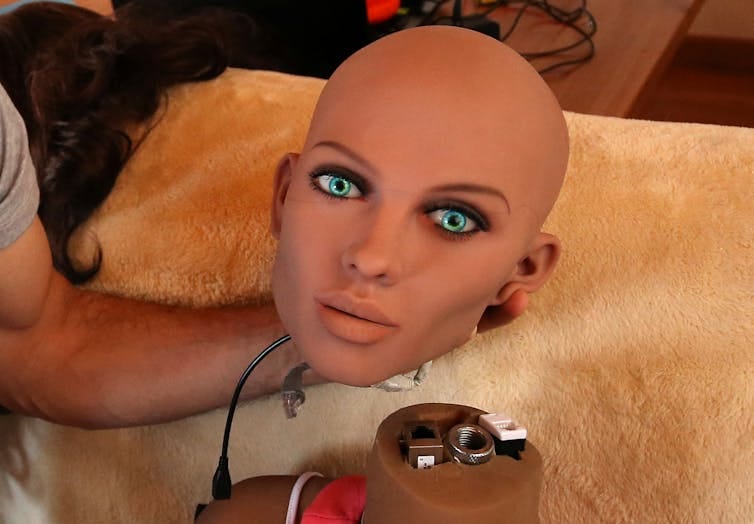
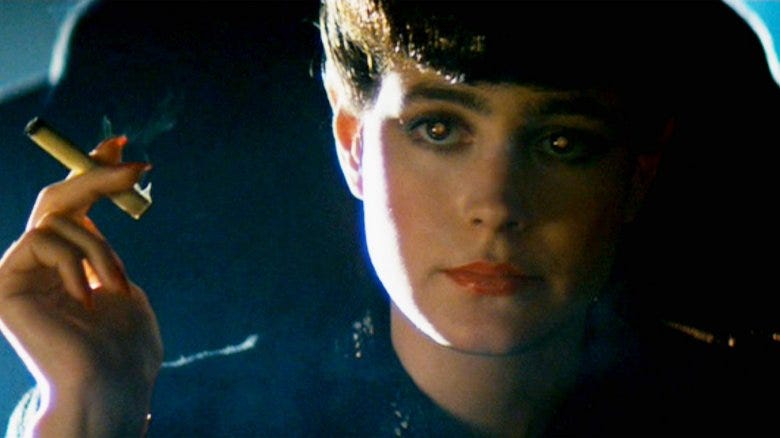
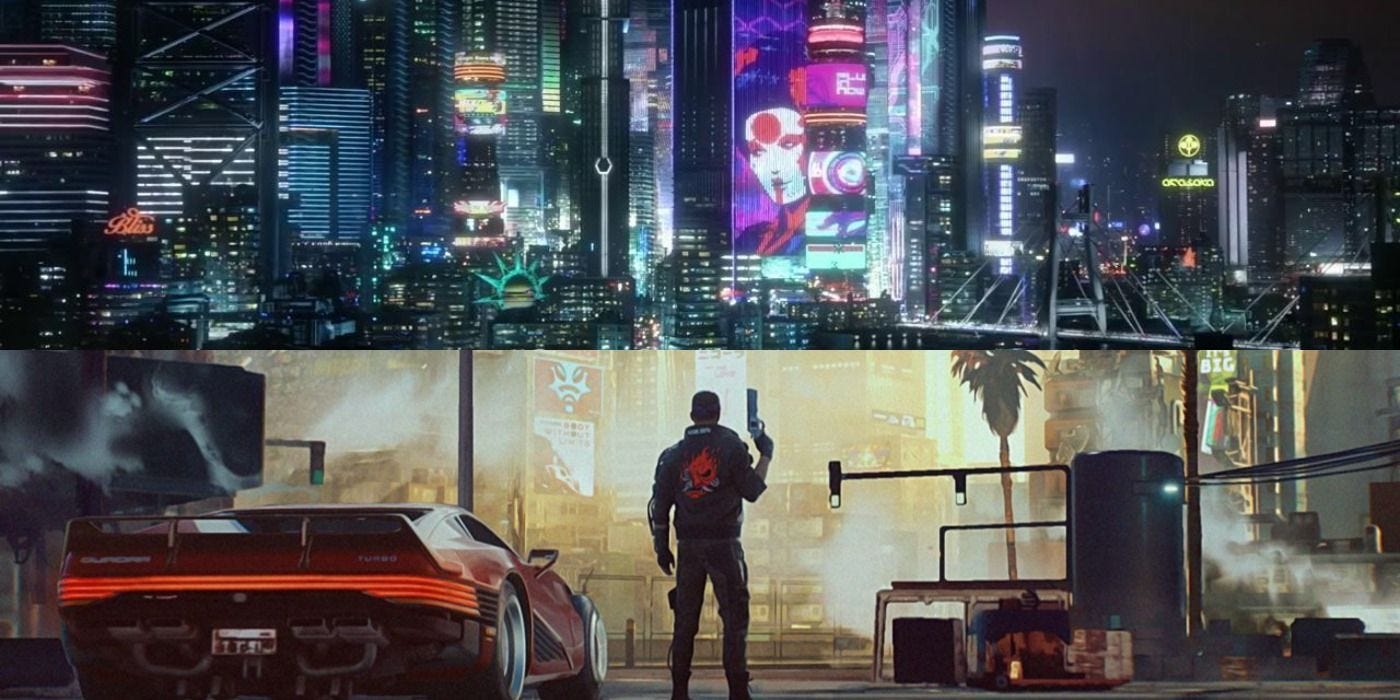
![2K HDR] Cyberpunk 2077 Palm Trees, Holographic Beams Ads & Winds ---- AMD Ryzen 5600X + RTX 3070Ti - YouTube 2K HDR] Cyberpunk 2077 Palm Trees, Holographic Beams Ads & Winds ---- AMD Ryzen 5600X + RTX 3070Ti - YouTube](https://substackcdn.com/image/fetch/$s_!Fgsr!,w_1456,c_limit,f_auto,q_auto:good,fl_progressive:steep/https%3A%2F%2Fsubstack-post-media.s3.amazonaws.com%2Fpublic%2Fimages%2F61cfc313-26ba-463c-9b86-910239cf3fe6_1280x720.jpeg)
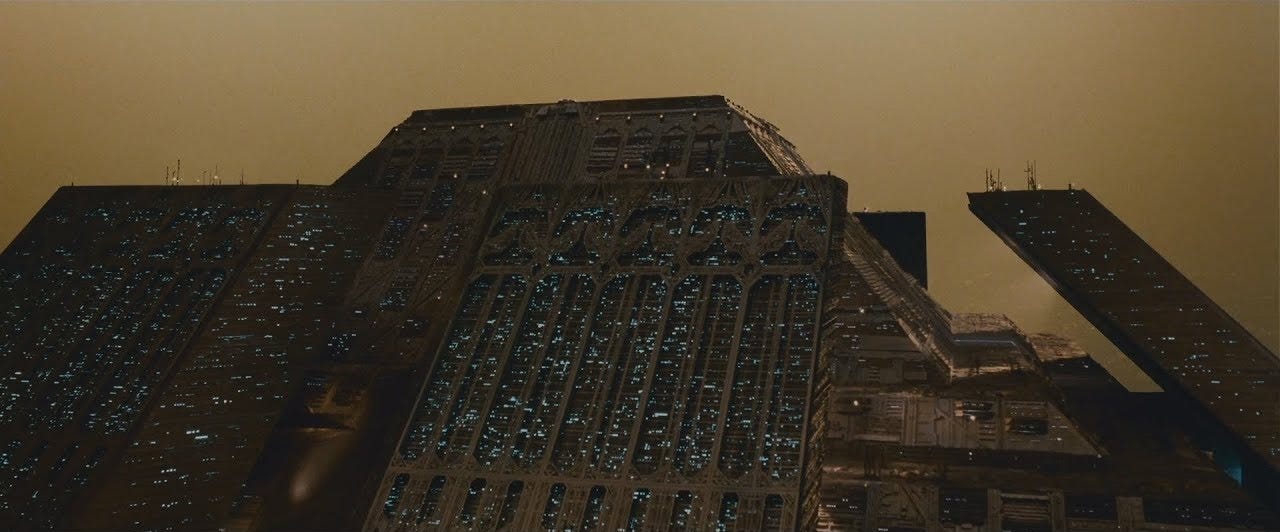
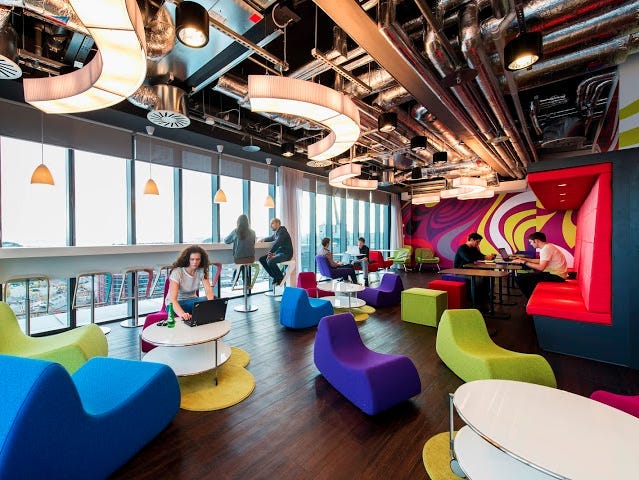
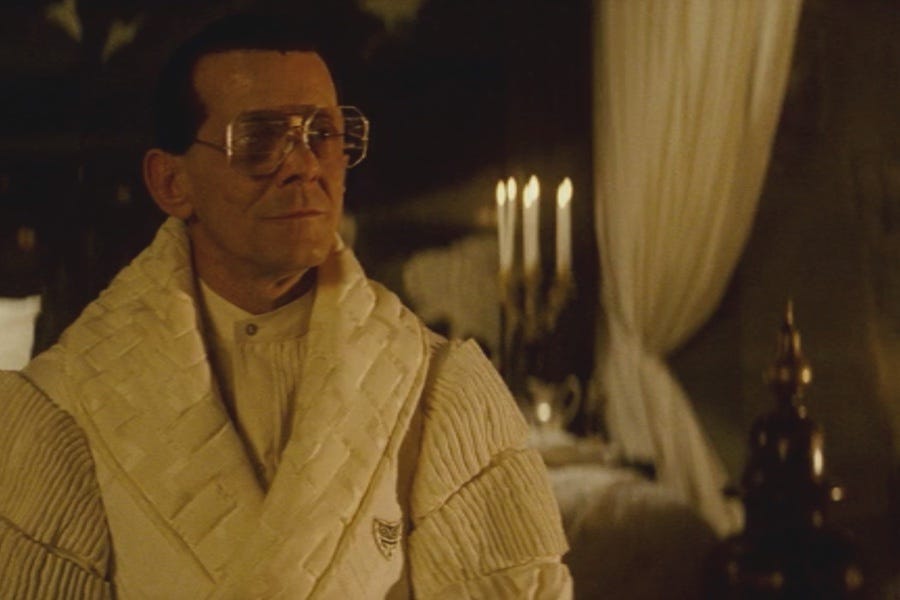

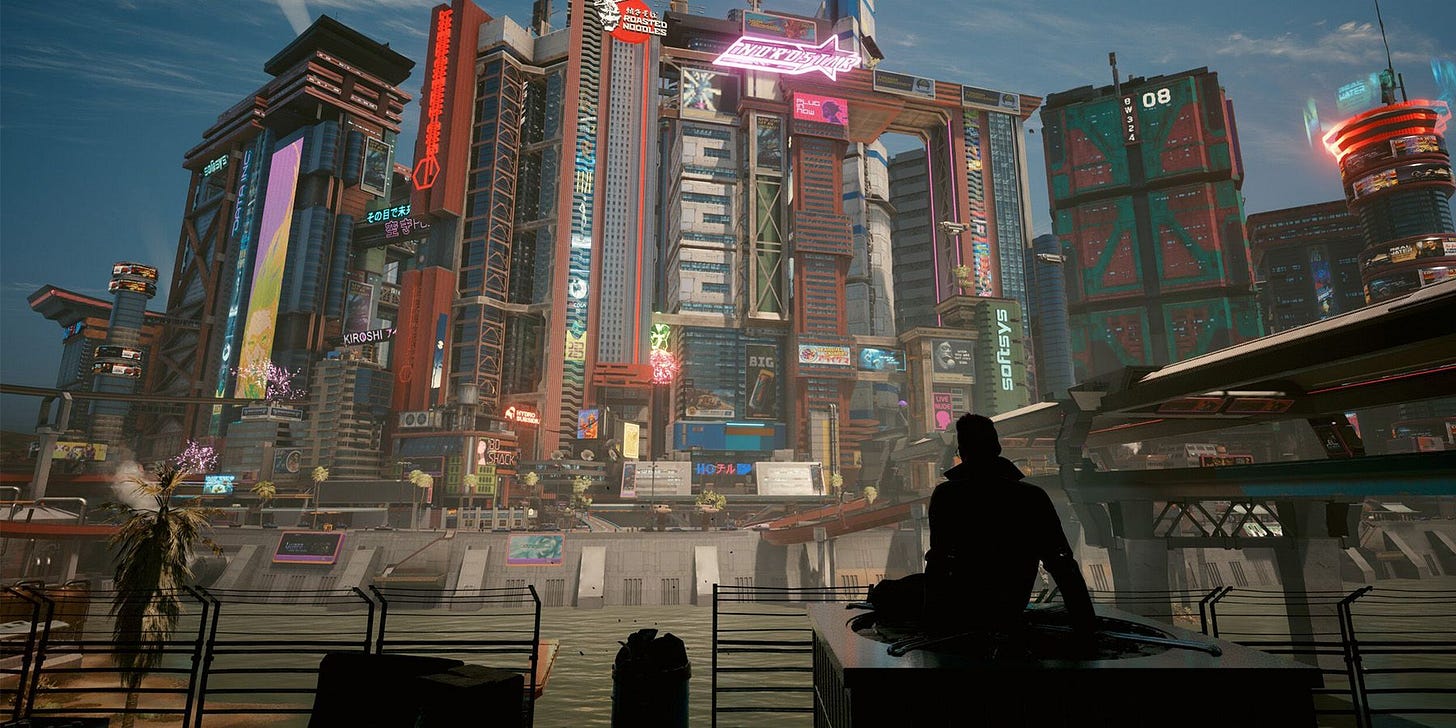
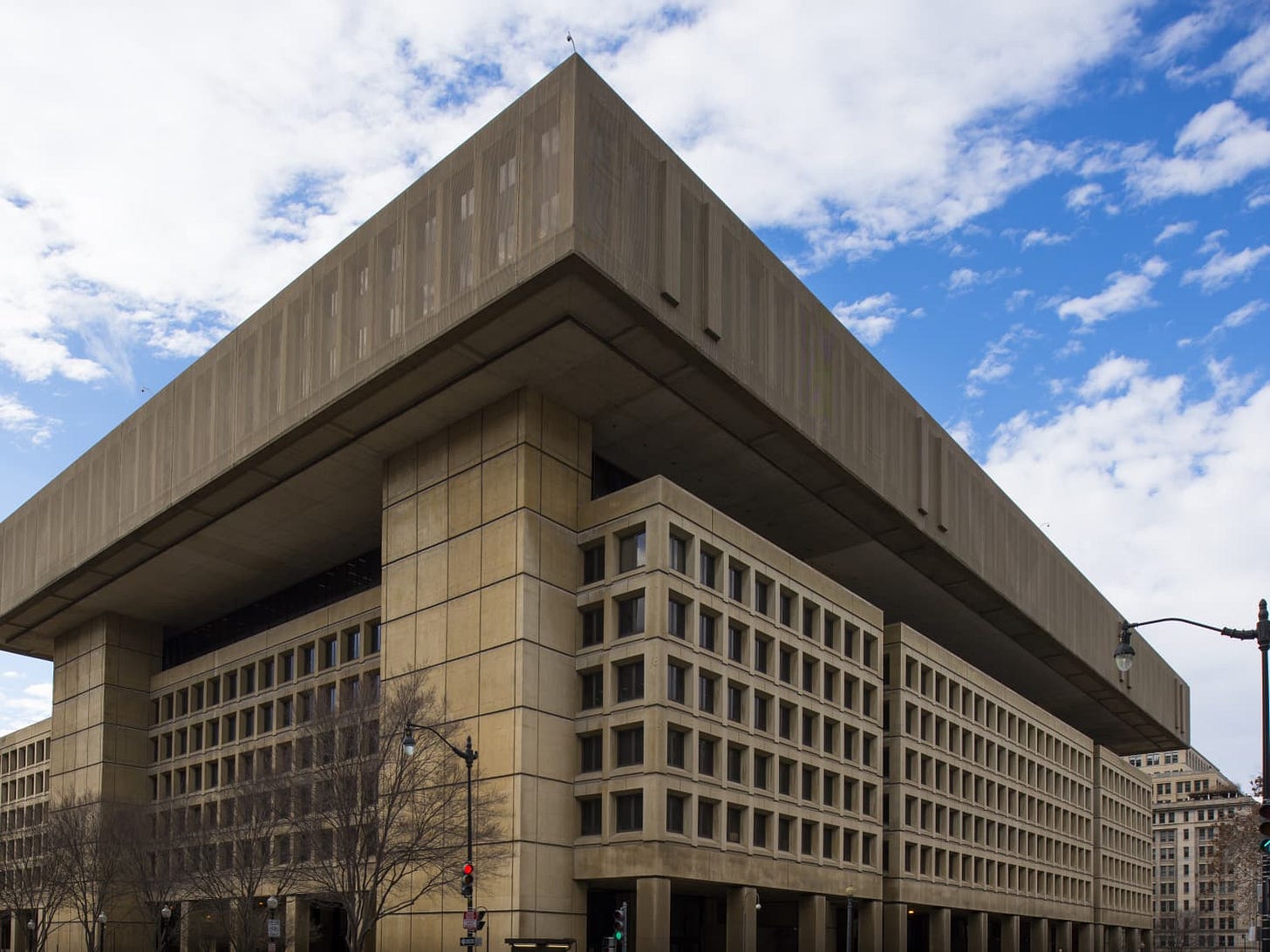
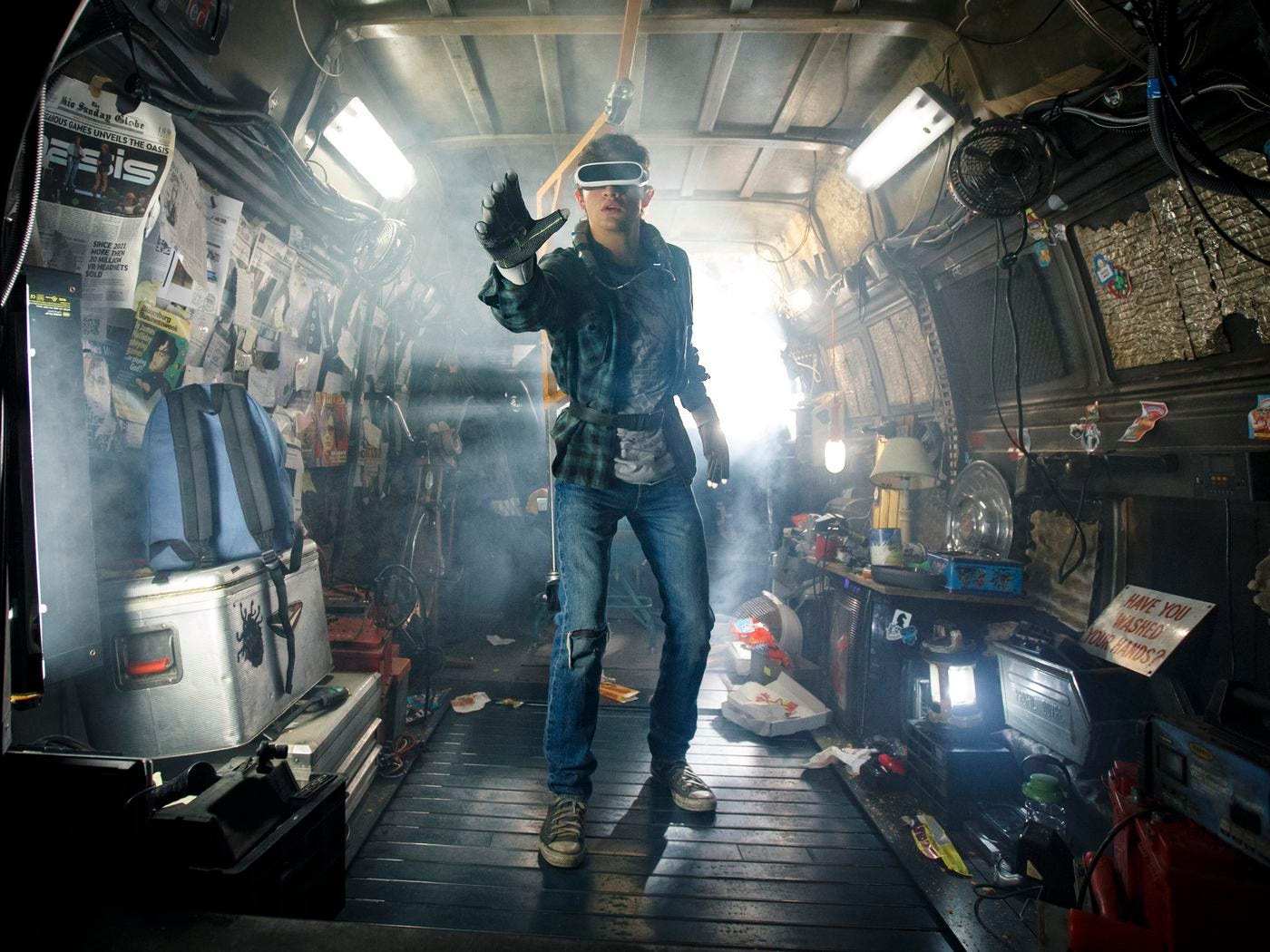



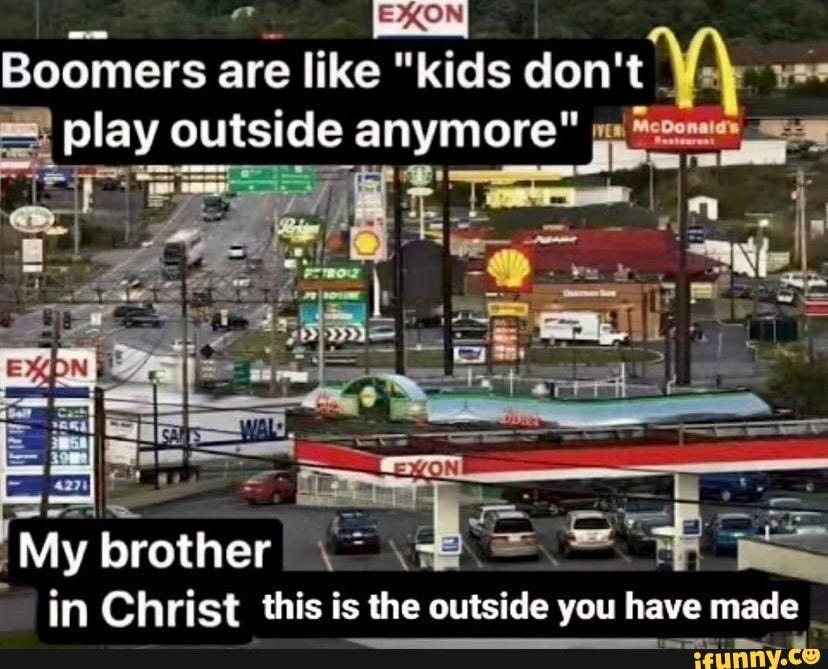
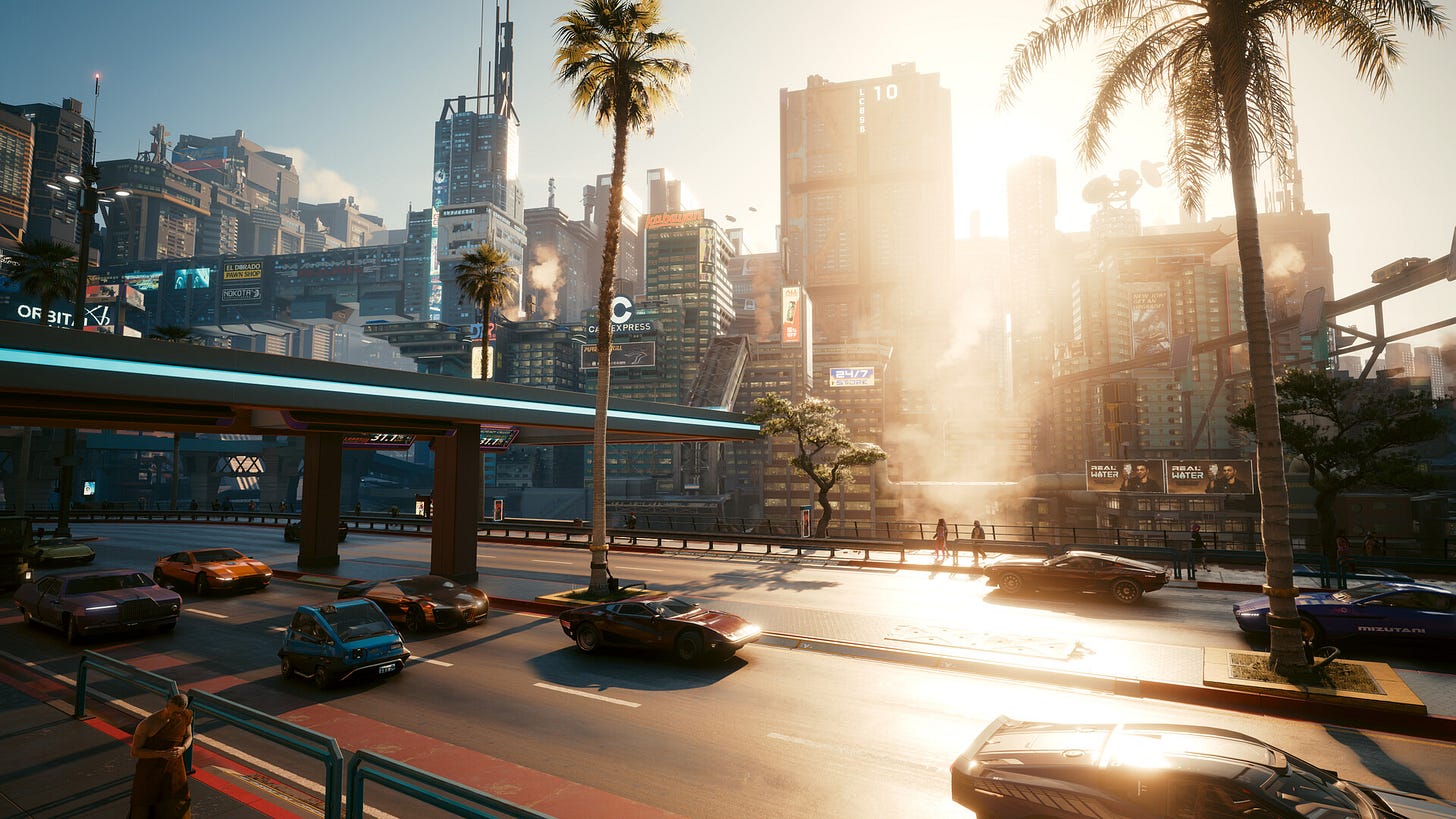
“from a young age i was prepared for the world to be evil & cruel, but i was never prepared for it to also be this gay & stupid”
-@ajdhenry on twitter 6/9/19
Oh this is one of those I'm going to have like a dozen comments on. (I did a review of the anime: https://natewinchester.wordpress.com/2023/06/14/what-did-i-just-watch/)
I will say to start, I think there's more of a difference than we realized between overt, direct oppression which gives people a concrete foe and opponent to fight (the dystopian world) vs the soft, gentle "nudging" of the very passive-aggressive oppression that doesn't seek to crush you, just smother you. One you can at least go out in a blaze of glory and heroic martyr fighting (https://www.youtube.com/watch?v=BnnbP7pCIvQ). The other just makes you an insane crank when you fight it. "Why are you being unreasonable about this little thing?"
Sisyphus struggled with one giant boulder. TPTB have figured out if you want to put a stop to something, make them push a pile of gravel uphill. There is no martyr's death in a thousand papercuts.